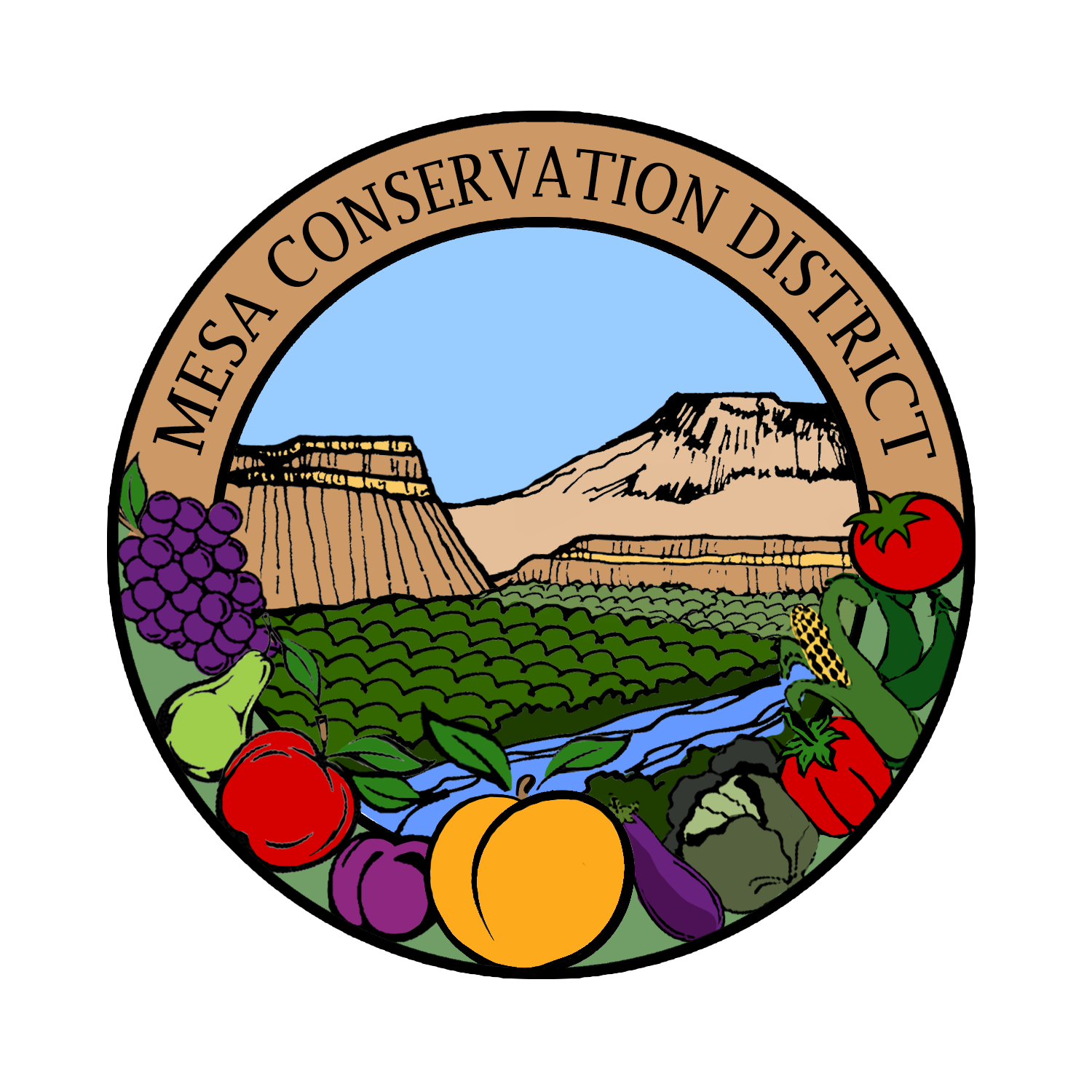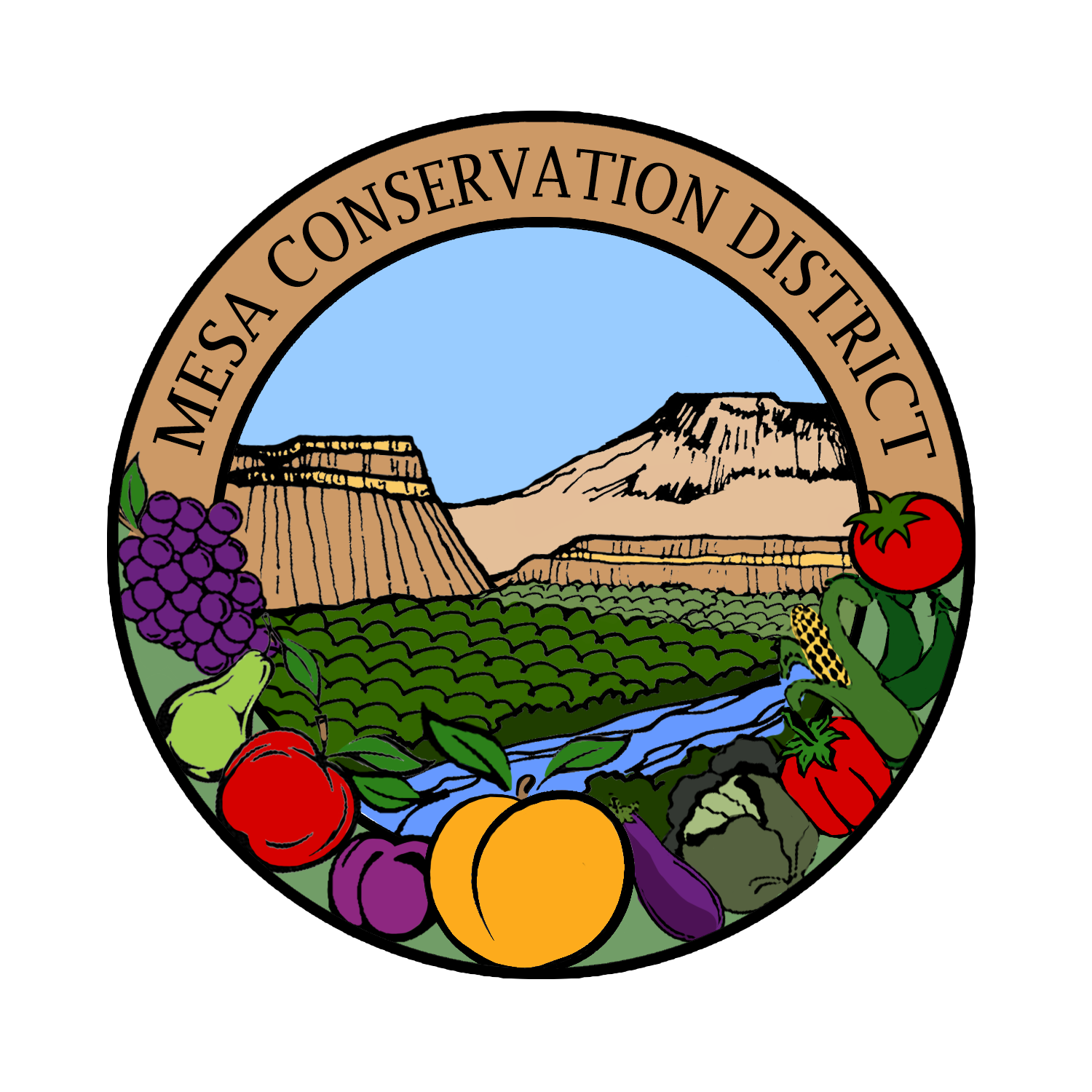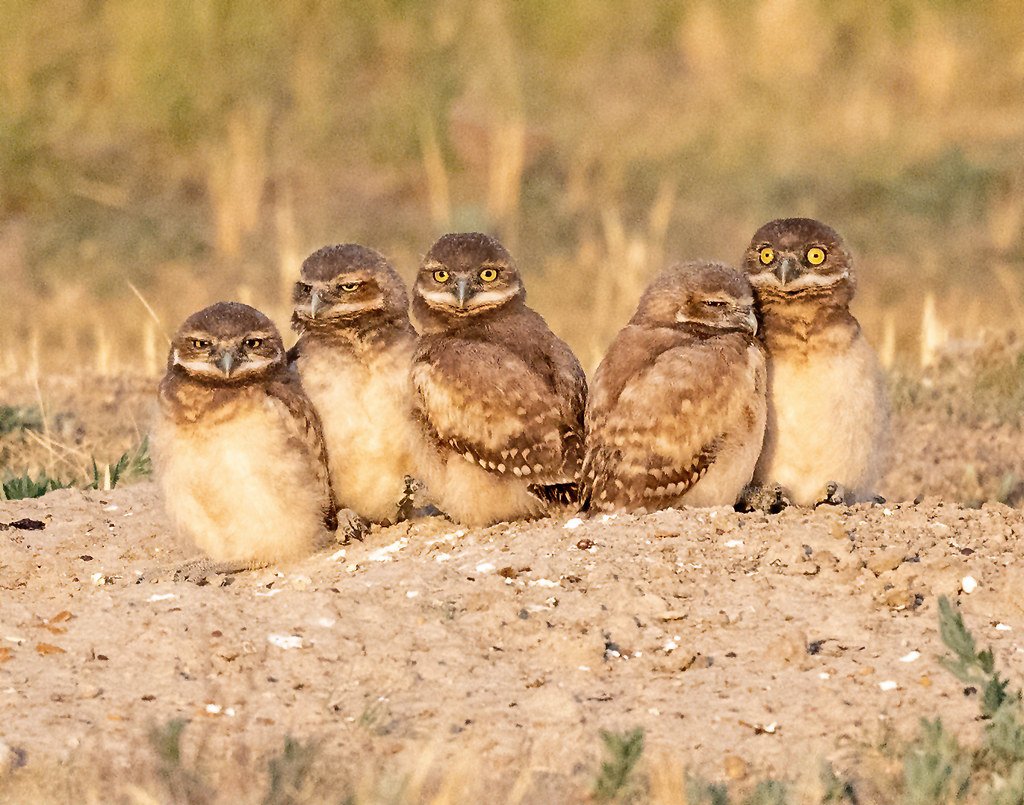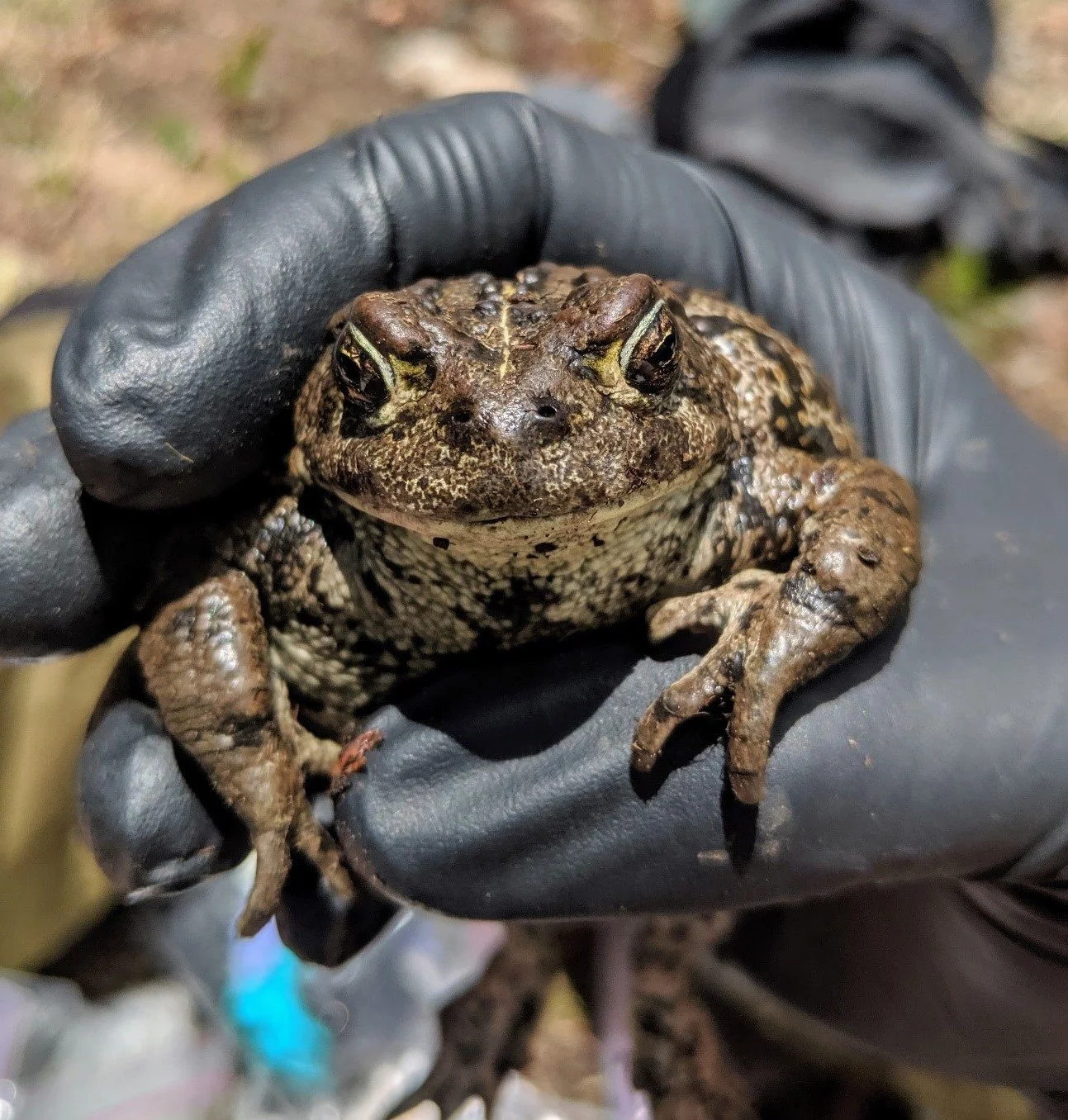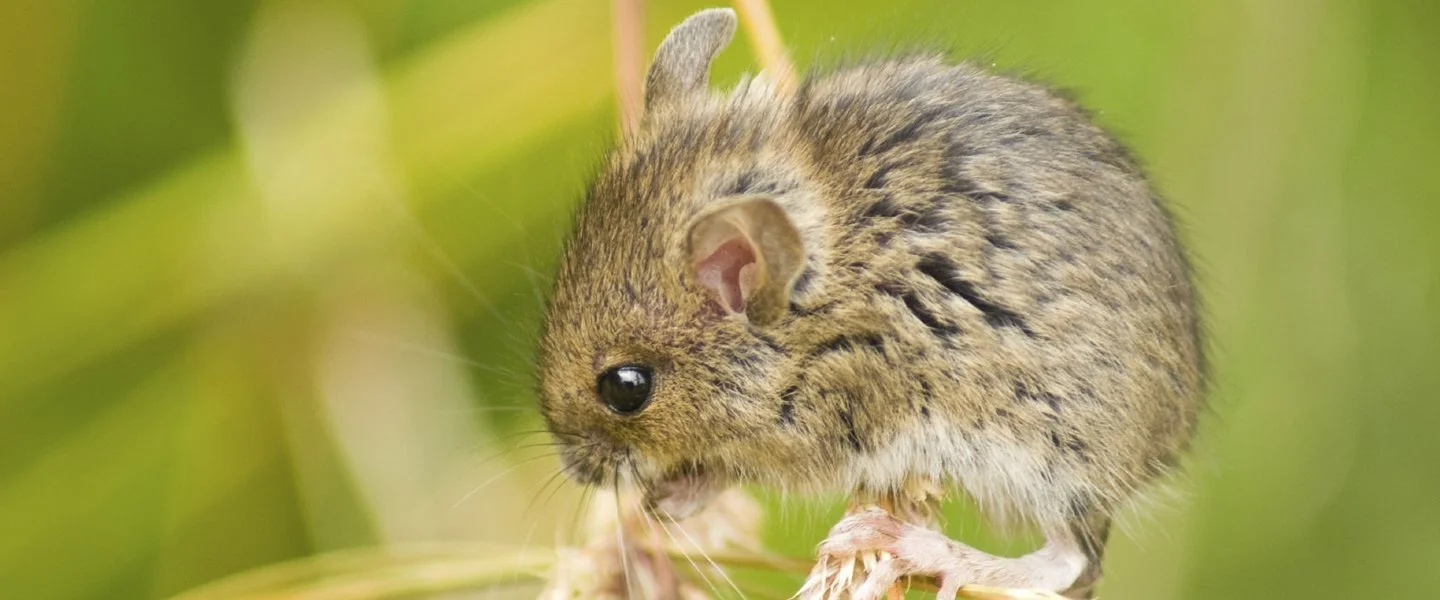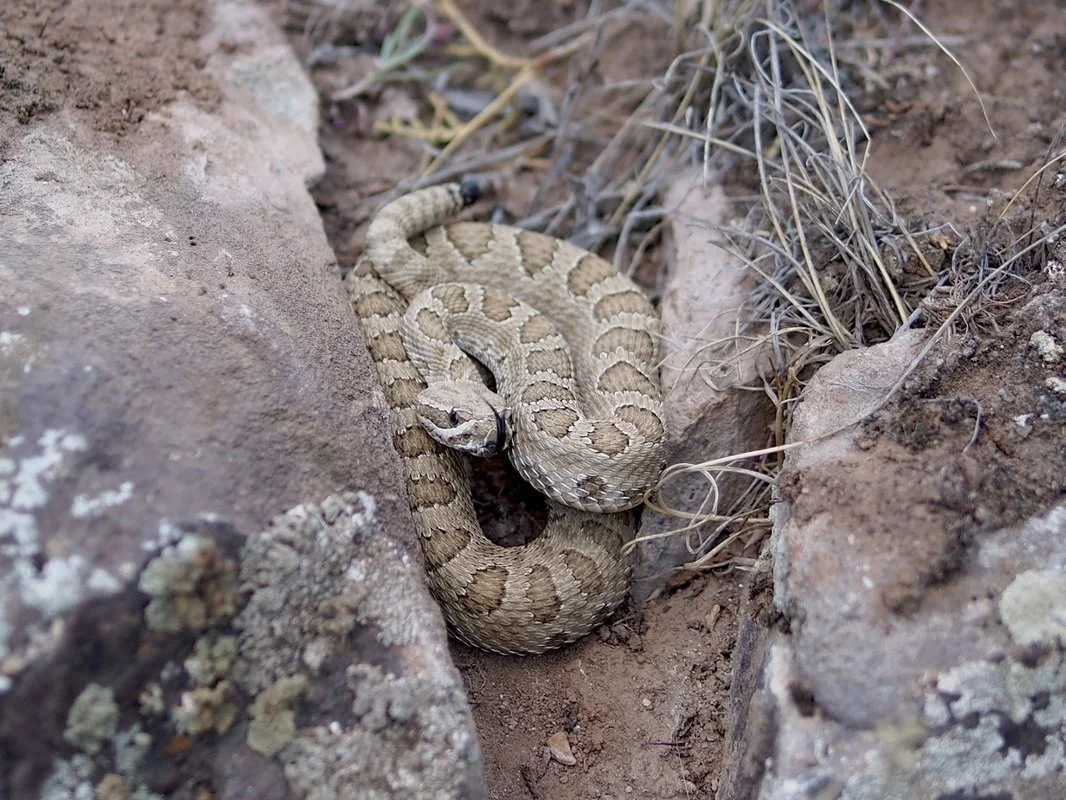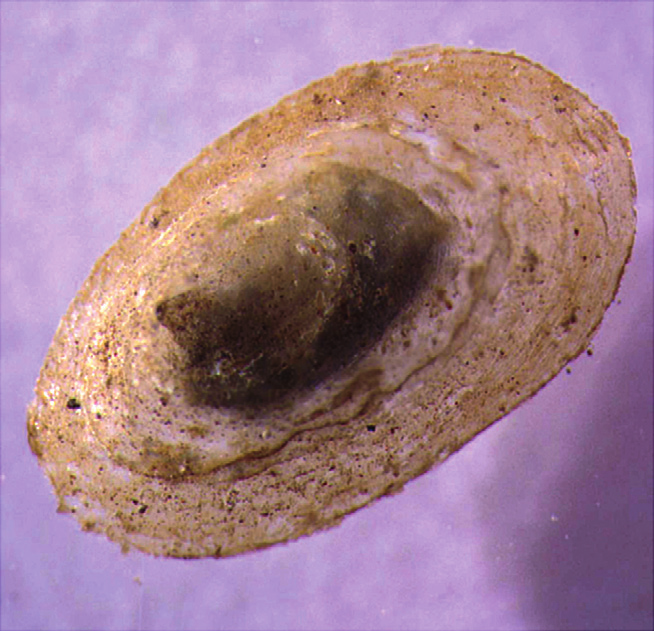
Endangered & Threatened Species
Extinctions can occur naturally, but the current rate of extinction is alarmingly higher than the natural or background rate of the past. Many factors can influence this higher rate of loss; one major factor is habitat loss. Other factors can include invasive and non-native organisms, environmental pollution, and the spread of diseases. An endangered species is a species that is at risk of extinction, a process through which organisms or a group of organisms cease to exist, or extirpation, the removal of a species in an area.
Click the link below to learn more about how Mesa Conservation District is working to protect threatened and endangered species!
Species can be designated as threatened or endangered by the state and federally.
In the United States, as of 2025, over 1,600 species are listed as threatened or endangered.
Below, we have included the species that are found in Colorado that are designated as state special concern, endangered by the state or federally, or threatened by the state or federally. This list is subject to change.
Fish
Federally Endangered:
Humpback Chub (& State Threatened)
Greenback Cutthroat Trout (& State Threatened)
Colorado Pikeminnow (& State Threatened)
Bonytail (& State Endangered)
State Threatened:
Arkansas Darter
Brassy Minnow
Common Shiner
State Special Concern:
Colorado River Cutthroat Trout
Colorado Roundtail Chub
Flathead Chub
Iowa Darter
Birds
Federally Endangered:
Southwestern Willow Flycatcher (& State Endangered)
Whooping Crane (& State Endangered)
State Special Concern:
American Peregrine Falcon
Bald Eagle
Columbian Sharp-Tailed Grouse
Ferruginous Hawk
Greater Sage Grouse
Greater Sandhill Crane
Long-Billed Curlew
Mountain Plover
Western Snowy Plover
Federally Threatened:
Mexican Spotted Owl
Lesser Prairie-Chicken (& State Threatened)
Gunnison Sage-Grouse (& State Special Concern)
State Threatened and Endangered:
Burrowing Owl
Least Tern
Image: Burrowing Owls
Amphibians
State Endangered:
Boreal Toad
State Special Concern:
Couch's Spadefoot
Northern Cricket Frog
Northern Leopard Frog
Plains Leopard Frog
Wood Frog
Great Plains Narrowmouth Toad
Image: Boreal Toad
Mammals
Federally and State Endangered:
Black Footed Ferret
Grizzly Bear
Lynx
Preble's Meadow Jumping Mouse
Gray Wolf
State Threatened:
River Otter
State Special Concern:
Northern Pocket Gopher
Swift Fox
Townsend's Big-Eared Bat
Black-Tailed Prairie Dog
Botta's Pocket Gopher
State Endangered
Wolverine
Image: Preble's Meadow Jumping Mouse
Reptiles
State Special Concern:
Ornate Box Turtle, Common Garter Snake, Long Nosed Leopard Lizard, Massasauga Rattlesnake, Midget Faded Rattlesnake, Texas Threadsnake, Yellow Mud Turtle, Texas Horned Lizard
Image: Midget Faded Rattlesnake
Mollusks
State Special Concern:
Rocky Mountain Capshell
Supporting Threatened and Endangered Wildlife
Preserving native species and combating extinction is vitally important. The two major factors to species detriment that are necessary to combat are habitat loss and invasive species. Conservation planning and habitat restoration efforts can make a great difference in providing a healthy environment for native species. Implement management and strategies to control invasive species and best avoid the spread. Public education can be essential for raising awareness of best practices to support native species. Best practices can include avoiding the spread of disease, planting native vegetation that will benefit native wildlife, recreating responsibly, invasive species removal and native species restoration work, and so much more.
Resources
-
CPW Threatened and Endangered Species List
-
Explore how MCD supports Endangered Species
-
Grand Junction Fish Hatchery Information
-
Trout Unlimited
-
Audubon Society
-
Pheasants Forever
